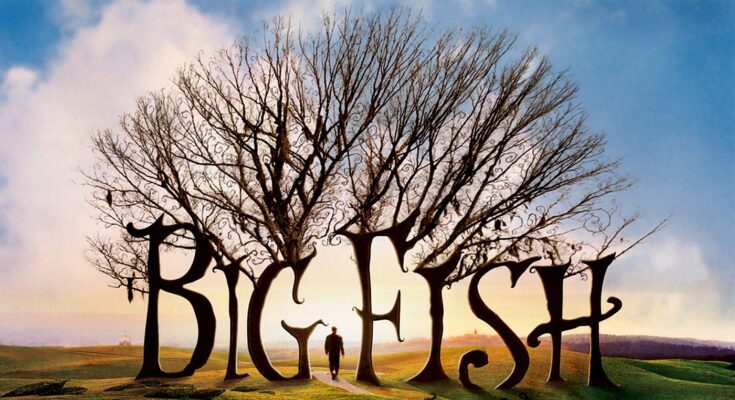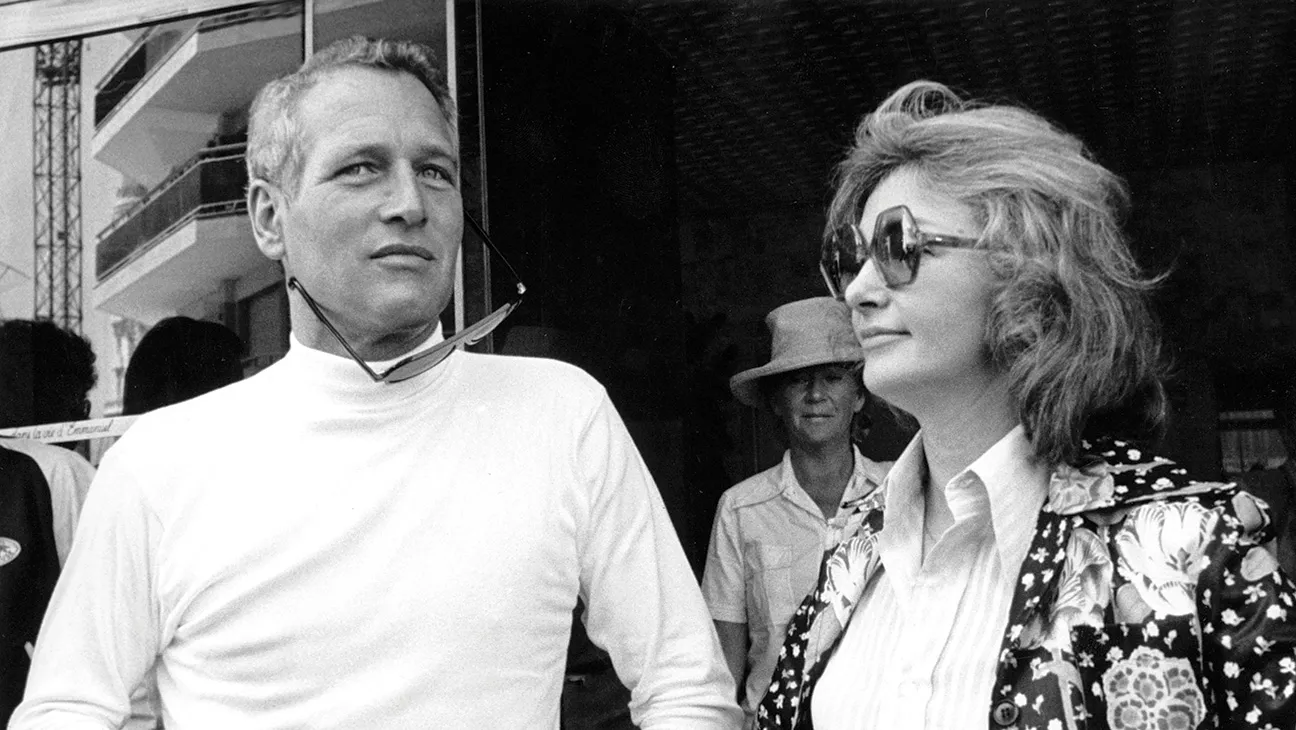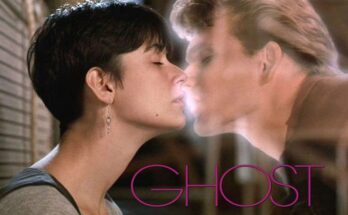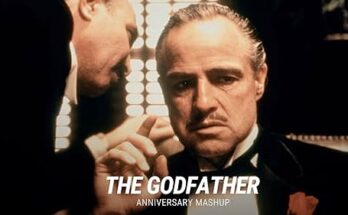Big Fish (2003) – Movie Review
Big Fish (2003), directed by Tim Burton, is a whimsical and heartfelt journey through the blurred boundaries of reality and imagination. Adapted from the novel by Daniel Wallace, the film showcases Burton’s signature visual flair while delivering one of his most emotionally resonant and universally relatable stories.
The film follows Edward Bloom (played by Albert Finney as an older man and Ewan McGregor in his youth), a charming storyteller whose tales of fantastical adventures have defined his life. As Edward lies on his deathbed, his estranged son Will (Billy Crudup) struggles to separate fact from fiction in an attempt to truly understand the man behind the myths. What unfolds is a rich tapestry of magical realism, love, regret, and the enduring bond between a father and son.
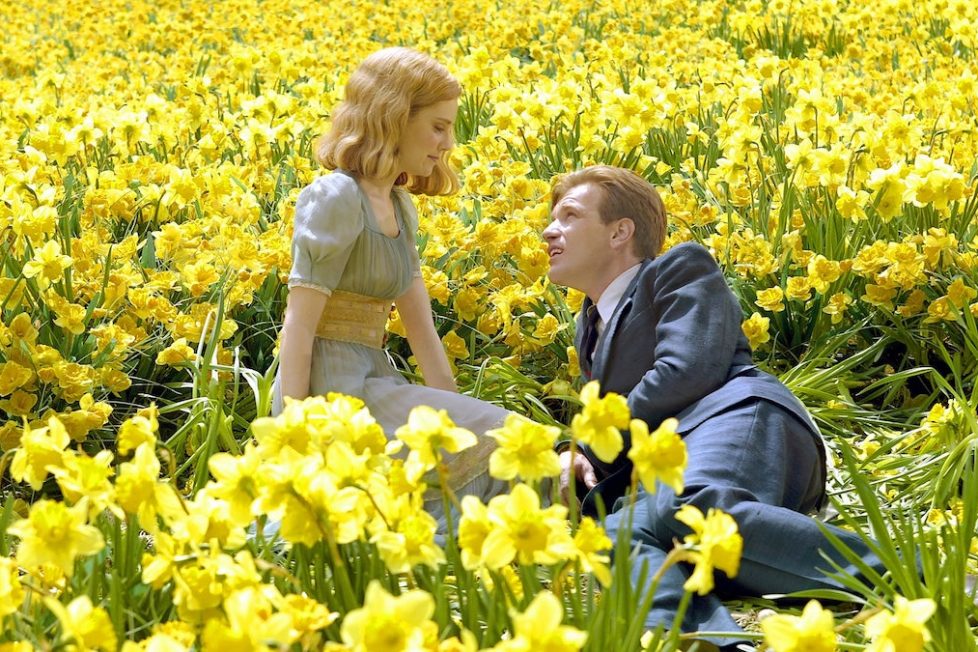
Albert Finney and Ewan McGregor perfectly capture different eras of Edward’s life, with McGregor bringing boundless enthusiasm and wonder to Edward’s youthful exploits, while Finney portrays the older Edward with warmth, mischief, and quiet sadness. Billy Crudup brings an earnest and grounded performance as Will, providing a strong emotional anchor for the story. The supporting cast—including Jessica Lange, Helena Bonham Carter, and Steve Buscemi—add further color and charm to the narrative.
Visually, Big Fish is a feast for the eyes. Burton infuses the film with a dreamlike quality that enhances the larger-than-life events Edward describes. From witches and giants to mysterious towns frozen in time, every fantastical sequence is crafted with care and wonder. Yet, beneath the visual spectacle, Burton keeps the emotional core of the story firmly intact. The film explores themes of storytelling, legacy, forgiveness, and the bittersweet beauty of mortality.
One of the film’s greatest strengths is how it treats Edward’s tall tales. Instead of mocking them or treating them purely as fantasy, Big Fish honors the role of storytelling in shaping how we live, love, and remember. Edward’s stories aren’t meant to be factual—they are expressions of his hopes, fears, and dreams, offering a truth that facts alone cannot capture.
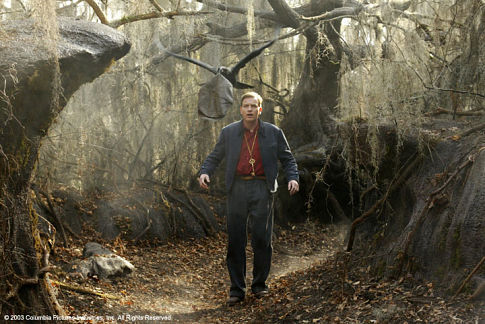
Danny Elfman’s musical score beautifully complements the film’s tone, moving seamlessly between whimsical adventure and poignant melancholy. The cinematography by Philippe Rousselot captures both the vividness of Edward’s stories and the muted reality of his final days, striking a delicate balance that keeps viewers immersed in both worlds.
While Big Fish received positive reviews upon its release, it has only grown in stature over time. Many consider it one of Burton’s finest works—a rare blend of fantasy and deep emotional resonance that appeals to a wide audience. It’s a story that celebrates imagination while reminding us that the greatest stories we tell are often reflections of who we are and who we aspire to be.
Ultimately, Big Fish is a touching and visually stunning film about the magic of life, the importance of storytelling, and the power of reconciliation. It’s a deeply human movie that leaves a lasting impression long after the credits roll.
What do you think about this movie? Let a comment below!
